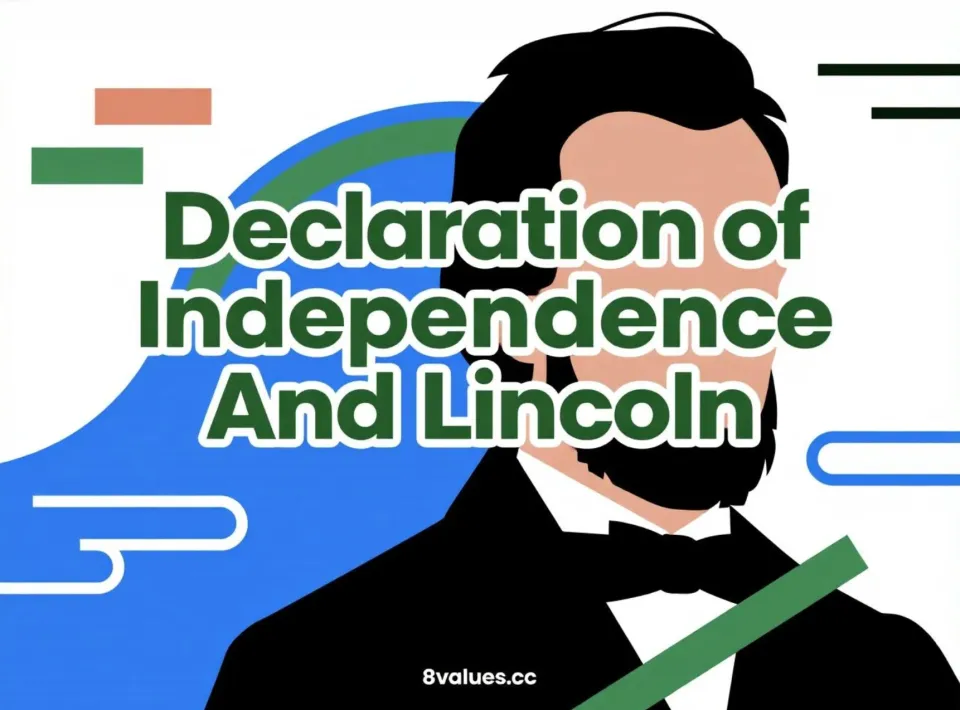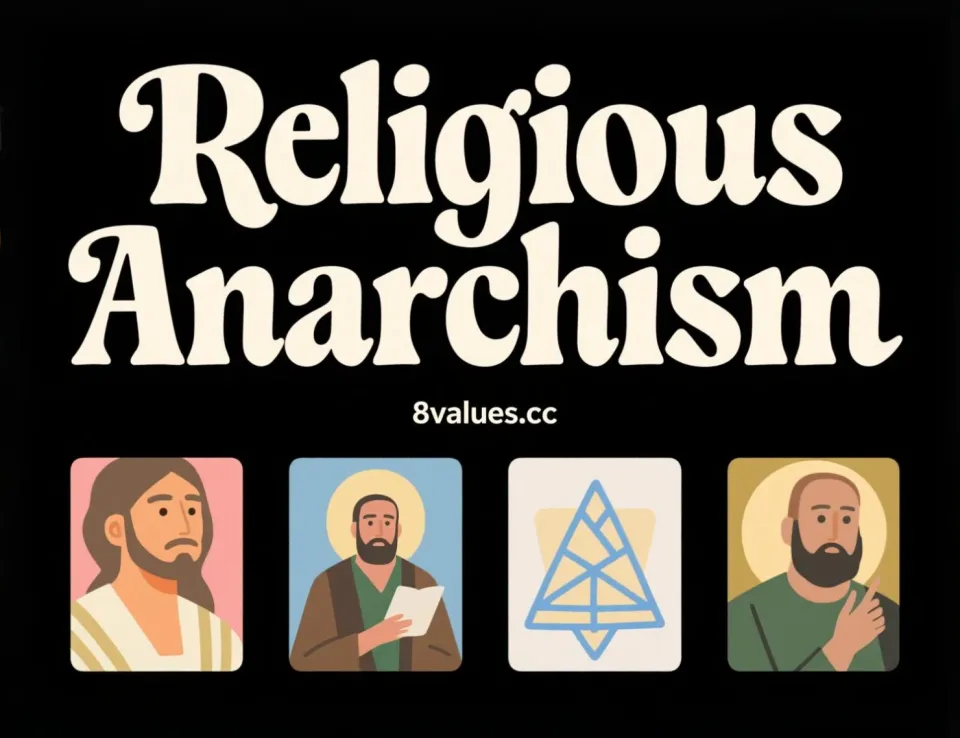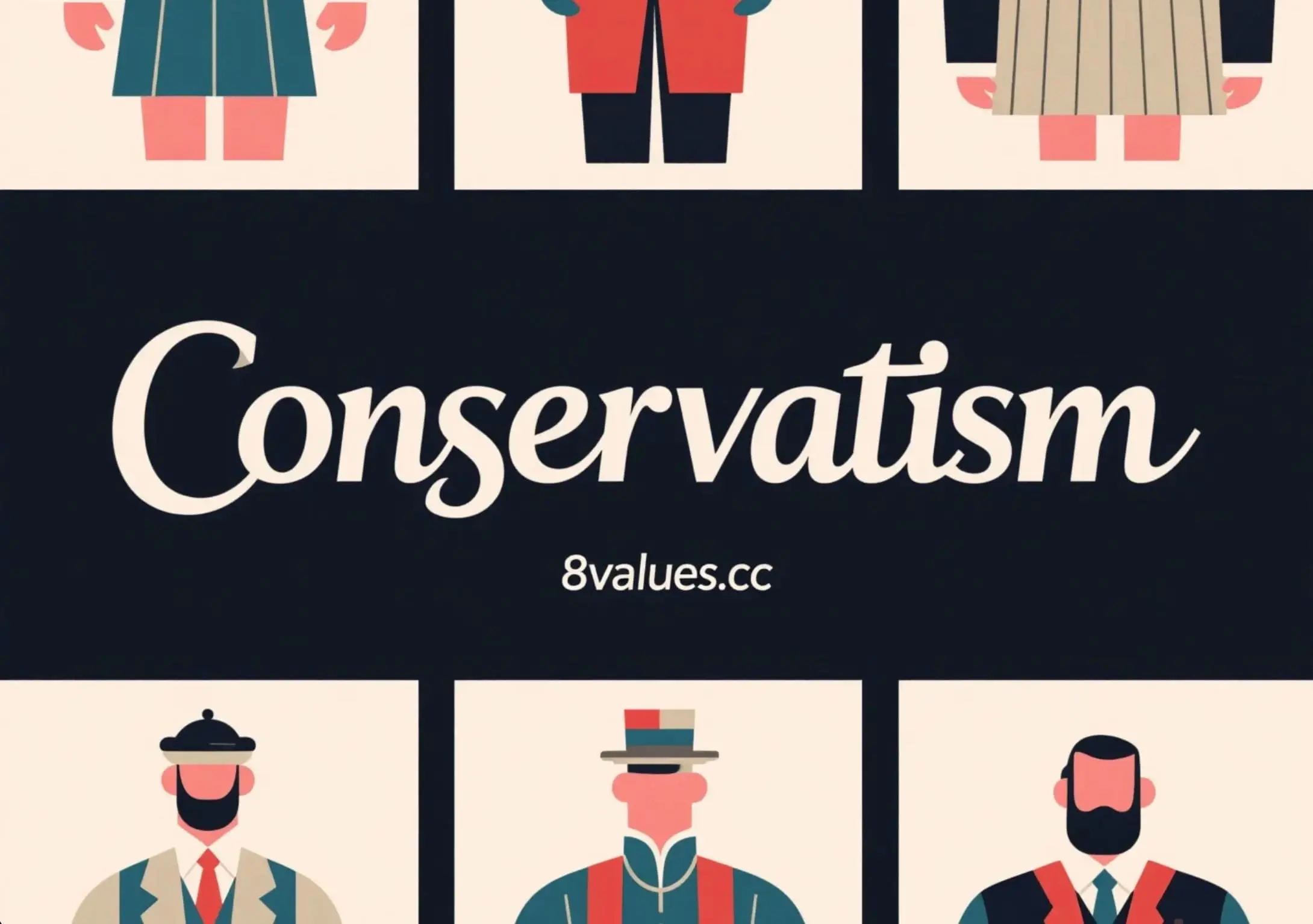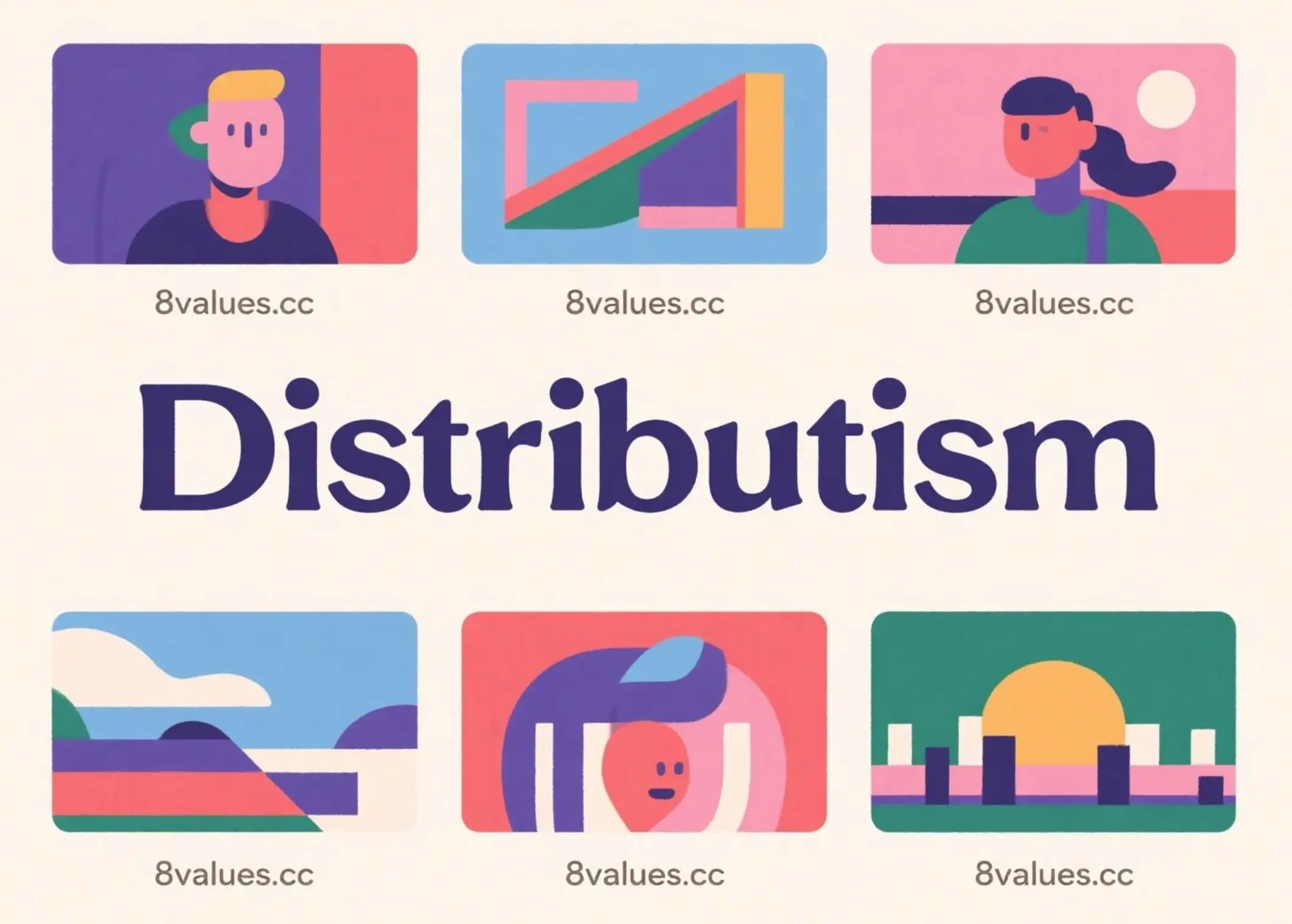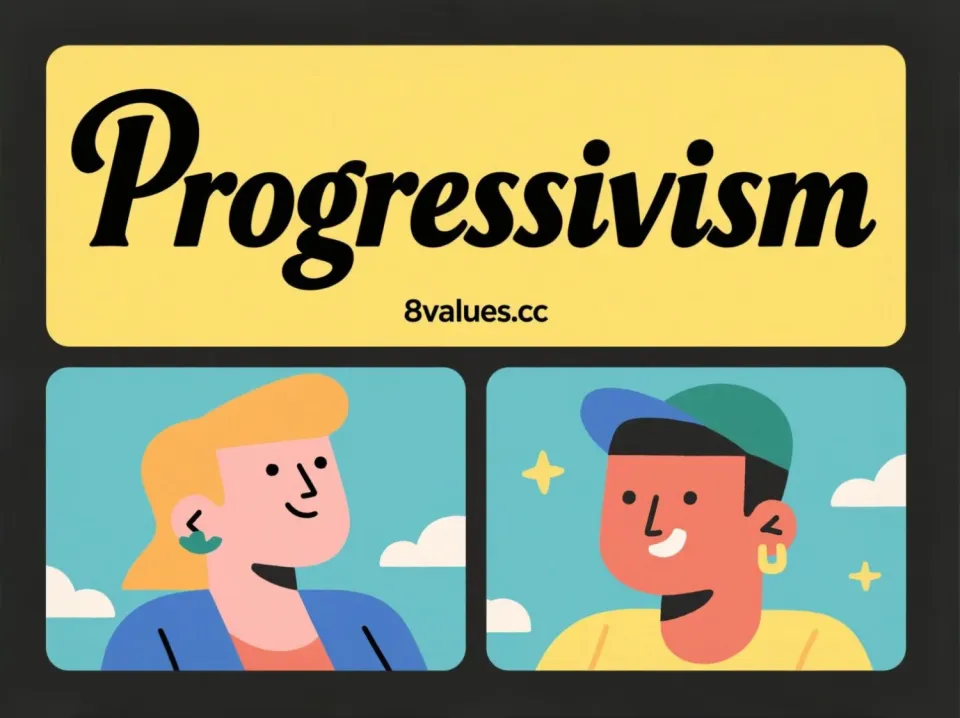The Declaration of Independence and Lincoln: A moral guide to the abolitionist and civil rights movement
Deeply explore how the Declaration of Independence was reinterpreted by Abraham Lincoln as a national moral standard and became the core concept of promoting equality and freedom in the Abolitionist Movement and Civil Rights Movement.
The Declaration of Independence is one of the most important founding instruments in the United States. It solemnly declared that the thirteen British colonies in North America broke away from the rule of the Kingdom of Great Britain and became free and independent countries. The document was approved by the Second Continental Congress in Philadelphia on July 4, 1776 , and it also became the United States' Day of Independence. Although the formal resolution on legal independence (i.e., the Li resolution) was adopted as early as July 2, the public declaration adopted on July 4 became the most influential document due to its profound political philosophy and eloquent rhetoric. This document, drafted by Thomas Jefferson and revised by Benjamin Franklin and John Adams, is not only to declare war on Britain, but also to explain to the world the reasonable reasons for the colonies' choice of separation.
The core political philosophy of the Declaration of Independence
The Declaration of Independence is famous for its preface to the second paragraph, which transcends the colonial debate on rights under the British Constitution and lays the philosophical foundation for later generations of American political thought.
The preamble to the declaration is as follows:
We believe that the following truths are self- evident : all men are created equal , and they are endowed by the Creator with certain unalienable rights , including the right to life, freedom and the pursuit of happiness .
To safeguard these rights, people establish governments among them, and the legitimate power of government comes from the consent of the governed . Any form of government, as long as it undermines the above purpose, has the right to change or abolish it, and to establish a new government, the principles on which the new government lays the foundation, and to organize its power, to enhance the safety and happiness of the people to the greatest extent possible.
The profound influence of enlightenment thought
The philosophical foundation of the Declaration of Independence originated from the Enlightenment. John Locke had the greatest influence on colonial thought. In "Essay Concerning Human Understanding" (_Essay Concerning Human Understanding_), Locke proposed that when a person is born, his mind is like a whiteboard (_tabula rasa) shaping individuals through the environment, rather than having hierarchical differences in birth. This directly challenges the inherent superior rule claimed by the British monarch and his aristocratic class. Jefferson himself praised Locke as "one of the three greatest figures in human history."
In addition, the political philosophy proposed by the declaration, that the power of the government comes from the consent of the ruled , and the people's right to change or overthrow the oppressive government, establishes a philosophical basis of citizen democracy and protects the inherent rights of individuals as "people". When the government has always abused its power and robbed it, aiming to put the people under absolute autocratic rule, the people have the right and the obligation to overthrow this government.
If you are curious about the embodiment of these political ideas in modern society, you can try 8 values of political values in a test to explore how well your personal values fit with these historical principles.
The initial contradiction between the Declaration of Independence and slavery
Although the Declaration of Independence held high the banner of "everyone is born equal", the American society at its birth, especially the southern colonies, was widely present in slavery, forming a profound moral contradiction .
Slave Trade Complaints in the First Draft
Thomas Jefferson was a slave owner in Virginia. However, he added a fierce condemnation of the transatlantic slave trade in the first draft of the Declaration of Independence. Jefferson accused King George III of launching a "brutal war" against human nature, forcibly trafficking innocent African people into slavery, and even hindering colonies from trying to legislate to abolish such "abhorrible deal."
However, this passage of text condemning slavery was eventually deleted by the Mainland Conference. The reason for the deletion was to maintain unity among the colonies . Representatives from states such as South Carolina and Georgia, which focus on the slave trade, strongly objected to this. In addition, some representatives of northern states who profited from the slave trade also opposed the text.
Questions from British Royalists
This contradiction immediately attracted criticism from the British side. British Royalists and former Massachusetts Governor Thomas Hutchinson questioned how a group of slave-owned MPs could declare “everyone is born equal” without releasing slaves. Thomas Day, an abolitionist in 1776, wrote: "If anything is truly ridiculous in nature, it is an American patriot who signed the resolution of independence with one hand and wielded his frightened slave with the other."
Despite these contradictions, the equal rhetoric of the Declaration of Independence itself, over time, became a moral weapon used to highlight social inequality in the later abolition of slavery and civil rights movements.
Abraham Lincoln's Reinterpretation of the Declaration of Independence
In the decades after the victory of the revolution, the text of the Declaration of Independence itself did not receive much attention, and political debates mainly revolved around the Constitution. Until the 19th century, as the dispute over slavery escalated, Abraham Lincoln reestablished the centrality of the Declaration of Independence.
Lincoln regarded the Declaration of Independence as the moral charter of the American republic system . He insisted that the concept of "everyone is born equal" in the declaration is not just a sentence in historical documents, but a guiding principle of national policies and social systems. Lincoln believes that the principles of the Declaration of Independence should be regarded as a moral guide to interpreting the Constitution of the United States .
Lincoln and Douglas' debate
In a famous series of debates with Stephen Douglas in 1858, the two sides fought fiercely on the significance of the Declaration of Independence.
Douglas asserted that “everyone is born equal” only applies to white people, and its purpose is merely to justify the legitimacy of the colonies’ separation from British rule.
Lincoln held a completely opposite view. He believes that the language used in the declaration is intentional universality , aiming to set a lofty moral standard for the continuous pursuit of the United States, the republic.
In the final debate on October 15, 1858 in Alton, Illinois, Lincoln gave a insightful explanation of “equality”:
"I think the author of that great document intended to include all men , but does not mean that all men are equal in all respects. They do not believe that people are completely equal in color, body, intelligence, moral development or social ability. They define in a fairly clear way the so-called equality of all people - that is, equality in 'certain inalienable rights', including life, freedom and the right to pursue happiness . That's what they mean. ...Their purpose is only to declare the existence of such rights so that their realization can be progressive with the environment. They intend to set a standard maximum for free society, so that they can be known, often looked up, and constantly labored for, and can be constantly approached even if it can never be achieved successfully. approximated), so that its influence becomes more and more profound, allowing all people of skin color to benefit , and enhance the value and happiness of life. "
Lincoln believes that blacks are just as entitled to the natural rights listed in the Declaration of Independence as whites. He traced the origins of the United States to 1776 and made it clear in the Gettysburg Address in 1863: "Eighty-seven years ago, our ancestors founded a new country on this continent. The idea of founding a country was freedom and committed to the belief that everyone is born equal ."
Lincoln's interpretation elevated the Declaration of Independence to the banner of the "Second American Revolution" , shaped the American people's understanding of the founding spirit, and made the Declaration a moral force to correct inequality in the constitution.
How the Abolitionist Movement cites the Declaration of Independence
Before Lincoln, the anti-slavery abolitionist Movement had long regarded the Declaration of Independence as an important moral and political resource.
The spiritual pillar of abolitionists
For abolitionists, the Declaration of Independence is a "text that has both theological and political significance." The radical abolition leader William Lloyd Garrison once regarded the Bible and the Declaration of Independence as the "double pillars" of his philosophy. He declared: "As long as the Bible and the Declaration of Independence remain in our land, we will not despair."
Jarrison and other radicals even cited the right to "overthrow tyranny" in the manifesto, calling for the destruction of the U.S. federal government built on slavery.
John Brown's Declaration of Freedom
On the eve of the Civil War, radical abolitionist John Brown took a more direct action. Before planning the Harper's Ferry uprising, he wrote a Declaration of Liberty in 1859, whose writing style and words directly imitated the Declaration of Independence in 1776.
Brown's declaration clearly states: "When the process of human history makes it necessary for an oppressed nation to stand up and claim their natural rights as citizens of the free republic (assert their Natural Rights, as Human Beings, as Native & mutual Citizens of a free Republic) … they should declare the reasons for promoting this just action." The article insists that "all people are born equal" and enjoy the right to life, freedom and the pursuit of happiness.
This Declaration of Liberty strongly demonstrates how the universal language of the Declaration of Independence was adopted by the anti-slavery movement and became a moral basis for the struggle for African-American liberation and justice.
The role of the Declaration of Independence in the Civil Rights Movement and the Wave of Equal Rights
The equal rhetoric of the Declaration of Independence provides a shared vision for social and political movements in the 19th, 20th and 21st centuries.
Women's Rights Campaign
In 1848, advocates of women’s rights held the first women’s rights conference in American history in Seneca Falls, New York. The Declaration of Sentiments, which they drafted, extends the opening principle of equality to the female group based on the Declaration of Independence :
“We believe that these truths are self-evident: all men and women are created equal .”
This action symbolizes the concept of freedom and equality in the Declaration of Independence that is extended to the realm of gender equality, firmly demanding equal social and political treatment of women, especially women's right to vote .
Civil Rights Movement in the Twentieth Century
In the Civil Rights Movement in the mid-twentieth century, the core statements of the Declaration of Independence were once again cited as a powerful moral tool for fighting for racial equality.
In 1963, Martin Luther King Jr. directly quoted the "creed" from the Declaration of Independence in his famous speech " I Have a Dream ":
“I dream that one day the country will stand up and realize the true meaning of its creed : “We believe that these truths are self-evident: all are created equal. ” ”
Martin Luther King describes the commitment of the Declaration of Independence as a “check” calling on the United States to fulfill its commitment to equality to all citizens. His speech reinforced the symbolic status of the Declaration of Independence in promoting anti-racial discrimination and achieving equality.
In addition, in 1966, Huey P. Newton and Bobby Seale, founders of the Black Panther Party, quoted the preface to the declaration in their Ten-Point Program . In the contemporary era, other equal rights movements, including the LGBTQ+ rights movement , also cited the idea that the declaration "inalienable rights" applies to all, as the basis for the struggle for equality.
Summary and Contemporary Value: The cornerstone of the political spectrum
The Declaration of Independence was initially used as a legal instrument that declared the United States' sovereignty in international law in order to seek recognition from foreign governments, especially French military aid. However, its lasting influence does not come from its legal status (it is not a legal document like the United States Constitution), but from its political philosophy .
The Declaration of Independence was the first blow to the "Era of Democratic Revolution" and influenced the French Revolution, Haitian Revolution and the independence process of countries in South America.
Over time, American political life and values have always been explored, debated and practiced around the lofty ideals set by the Declaration of Independence. The ideas of equality , freedom and the consent of the ruled constitute the cornerstone of the American political spectrum and inspire generations of Americans to fight to achieve its "guiding principles."
Exploring how these core historical principles influence modern political ideology helps us understand the political positioning of individuals in today’s society. Welcome to deepen your understanding of these principles through the 8values Political Values Propensity Test .
